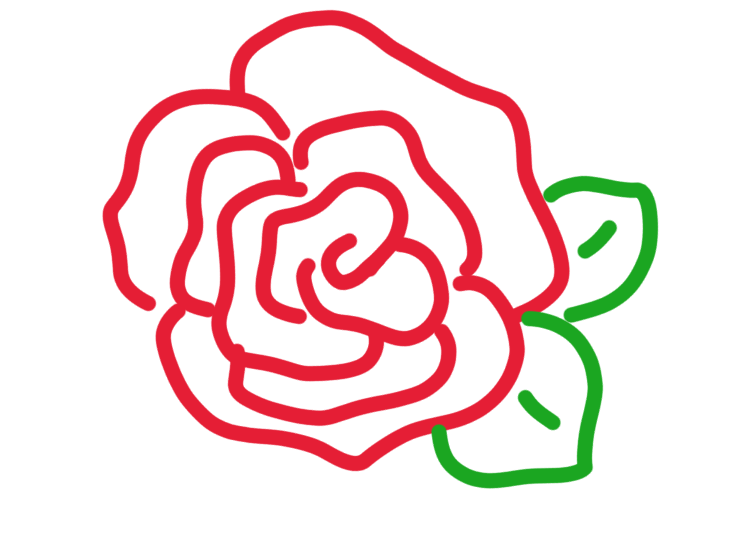Autumn/Winter 2023: Editorial notes
December 2023
Burning feels timely. In the twenty-three years since Y2K, issues of late-capitalism and environmental decay have evolved from speculation and topics of heavy debate to undeniable threats to our collective future. Burning evokes several dualisms: life and death; fright and warmth; love and hate. The second issue of no exits explores Burning through nine texts. This collection looks at record-setting temperatures, revolutionary passion, obsessive fandom, and preparations for the afterlife. Burning provides a landing space for writer Stephen Mercer’s contemplations on American hegemony and continuing imperialist agenda; curator Ankita Mukherji reflects on her own relationship to death within Hindu culture; anonymous, a practitioner from Tehran, writes with hope about female futures in Iran; curator Yurika Imaseki dissects the sticky relationship between superstars and their fans; and artist Gerome Soriano pieces together a lyrical poem across language.
Burning also includes conversations between artists Liz Roberts and Maria Joranko on Maria’s reclamatory studio practice; practitioner Cường Minh Bá Phạm and AP Nguyễn on heat emitted by the kiln, stove, and airplane; no exits editor Arianna Mercado and artist Rianti Gautama on motherhood and the state; and artists Con Cabrera and Zeus Bascon on maintaining the flame towards both individual and collective artistic practice.
Preparations for this issue began in late summer and in the time since, Burning has taken on new contexts, meanings, and imperatives, notably in relation to Palestinian life, land, and freedom. At no exits, we stand with the people of Palestine and condemn the inaction of the West to de-escalate tensions in the region. We condemn the silencing by the media, the diluting of acts of genocide and apartheid, the incessant focus on identity politics over basic human rights, and the harassment of cultural workers by state actors across the Western world and their lap dogs. This stance exists in tandem with our support for Jewish people globally. Henry Kissinger may have finally come to rest, but his painful legacy lives on, not only in Palestine, but in murmurings throughout the world.
Beyond engulfing flames and destruction, the act of burning may also evoke ideas of rebirth and newness – fresh beginnings. In spite of political upheaval and environmental emergency, there are lessons to be learned from fire. Trees can grow from ash.
Burning also includes conversations between artists Liz Roberts and Maria Joranko on Maria’s reclamatory studio practice; practitioner Cường Minh Bá Phạm and AP Nguyễn on heat emitted by the kiln, stove, and airplane; no exits editor Arianna Mercado and artist Rianti Gautama on motherhood and the state; and artists Con Cabrera and Zeus Bascon on maintaining the flame towards both individual and collective artistic practice.
Preparations for this issue began in late summer and in the time since, Burning has taken on new contexts, meanings, and imperatives, notably in relation to Palestinian life, land, and freedom. At no exits, we stand with the people of Palestine and condemn the inaction of the West to de-escalate tensions in the region. We condemn the silencing by the media, the diluting of acts of genocide and apartheid, the incessant focus on identity politics over basic human rights, and the harassment of cultural workers by state actors across the Western world and their lap dogs. This stance exists in tandem with our support for Jewish people globally. Henry Kissinger may have finally come to rest, but his painful legacy lives on, not only in Palestine, but in murmurings throughout the world.
Beyond engulfing flames and destruction, the act of burning may also evoke ideas of rebirth and newness – fresh beginnings. In spite of political upheaval and environmental emergency, there are lessons to be learned from fire. Trees can grow from ash.
Arianna Mercado & Izzy Waite
Autumn/Winter 2023
Autumn/Winter 2023


